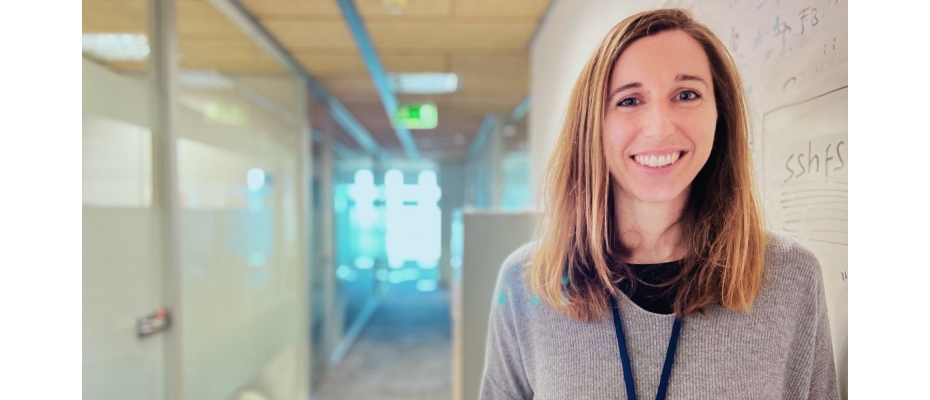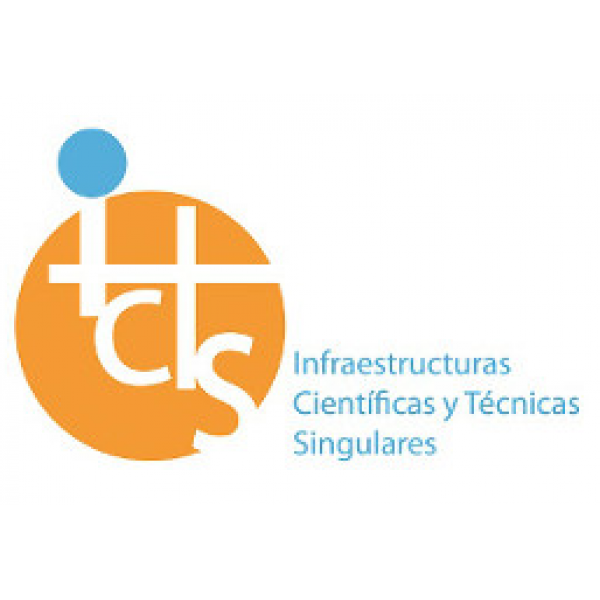
The Spanish Association of Human Genetics (AEGH), a national organization with over 50 years of enhancing human genetics in the territory, has accepted the candidature of our Clinical Genomics Manager, Leslie Matalonga, as a new member of the Rare Diseases Commission. The new position is a recognition of her career trajectory and her contribution as a geneticist. For CNAG, this recent incorporation is an important step to strengthen the collaboration between both organizations and find new ways to promote the role of human genetics in Spain.
According to Leslie Matalonga: “From the CNAG, we're engaged in multiple projects related to genetic diseases, primarily rare diseases and cancer. Currently, we're at a pivotal moment for the future of human genomics in Spain, where there's a growing recognition of the need for a multidisciplinary approach for effective patient diagnosis and care, which we hope will lead to the establishment of human genetics as a specialty. It's a privilege to be part of this commission and contribute the perspective of CNAG as experts in cutting-edge sequencing technologies and genomic data analysis applied to disease-causing variant identification”.
AEGH is a prestigious non-profit organisation that brings together more than 1,100 Spanish professionals from various branches of genetics, coming from hospitals, healthcare centers, universities and companies, both in the public and private sectors. The organization carries out its activities through 9 working commissions, specialized in areas such as personalized medicine or hereditary cancer.
The Rare Diseases Commission focuses its activity on improving the quality of life of patients with rare diseases and their families. One of the main objectives is to drive collaboration with other institutions related to rare diseases from a wide variety of fields such as healthcare, research, education, and socio-healthcare. Moreover, the Commission aims to contribute to the dissemination of rare diseases, organizing activities to support patients with rare diseases and their families. An example of such activities is the meeting organised for DNA Day.










